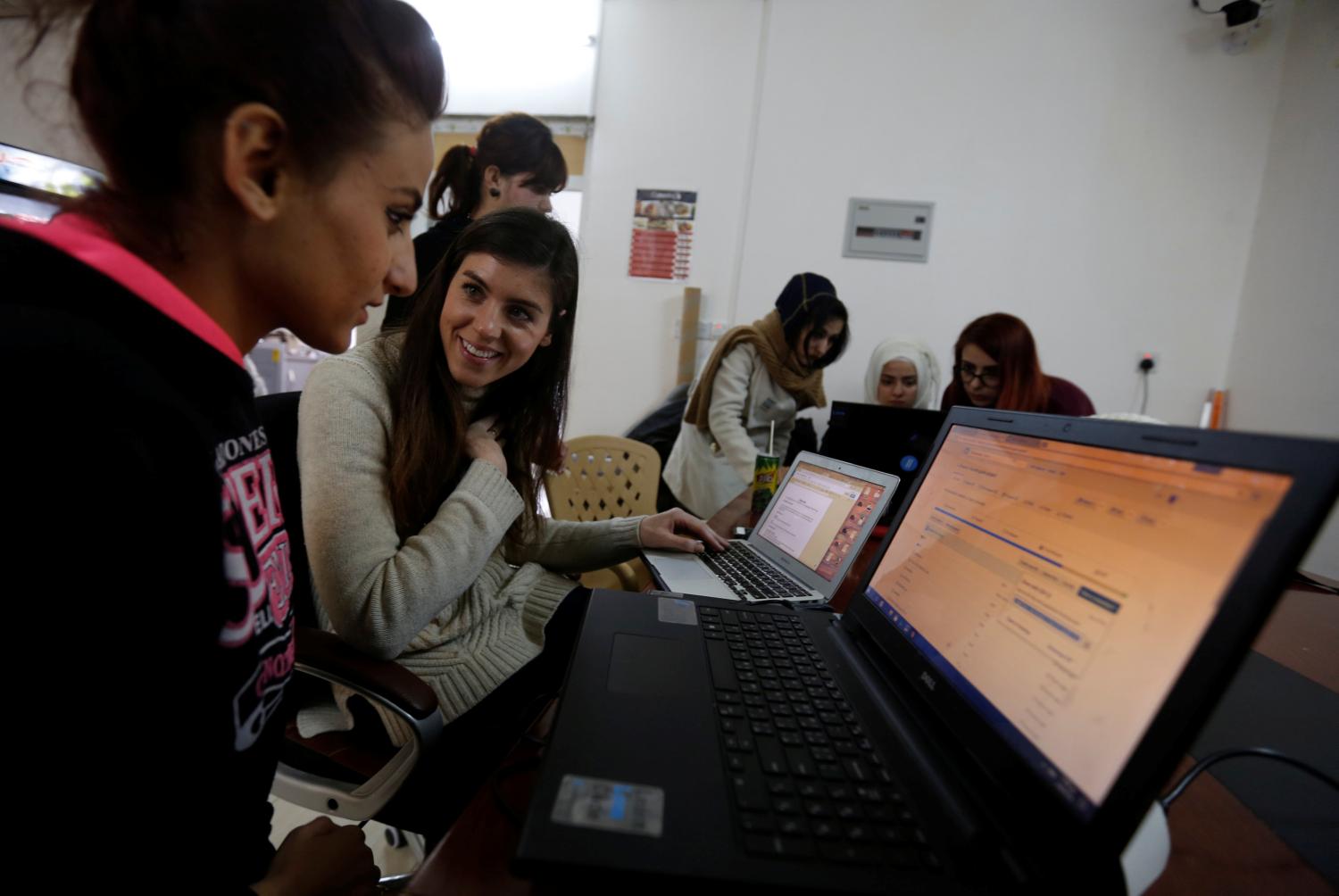In March, the OECD released a new report on the links between social and emotional learning and cognitive development. The report uses longitudinal data and, in particular, shows that improving social and emotional skills drive the accumulation of cognitive skills. These findings reinforce earlier reports from Tim Kautz and James Heckman, and notably expand the applicability of earlier work—anchored mostly in North America—to other regions.
Social and emotional skills are often termed, unsatisfactorily, as “soft” or “non-cognitive” skills. And indeed I questioned the basis of choosing between smarts vs. personality in my last post. Yet the released of this OECD report adds to a growing pool of data that attests to the importance of these skills. (See a great review of that data by Brookings colleagues here.)
Skills generate skills
This work reminds us that skills are cumulative, and therefore those with higher cognitive skills now will be likely to have higher cognitive skills in the future. The twist, and significant contribution to our growing understanding about these skills, is that those who have higher levels of socio-emotional skills are not only more effective in accumulating socio-emotional skills but also in accumulating cognitive skills. Interestingly, the opposite was not found to be true: cognitive skills did not drive social and emotional learning.
Why could this be? This is because those with higher socio-emotional skills receive more investments—such as teachers’ engagement and after-school classes or enrichment activities. Moreover, those with higher levels of socio-emotional skills are also more productive in mobilizing new investments to further enhance cognitive skills.
Koji Miyamoto, a co-author of the OECD report and economist in the OECD’s Centre for Educational Research and Innovation, explains:
“Evidence from Korea suggests that children who are highly responsible and believe in their ability to maneuver through circumstances that surround them are more likely to possess a stronger capacity to attract better learning environments. Parents and teachers of those children are more likely to invest in their skills. Children’s strong sense of responsibility and agency will also help them maximize the benefits of classes and teaching offered, hence further driving cognitive development.”
While Korea is cited as a specific example, these emerging findings support data consolidated mainly from the United States.
Not all social and emotional skills are equal
It is unsurprising that certain skills are more likely to lead to select aspects of achievement over others, and indeed, an analysis of empirical studies show that this is true. Specifically, the skills that drive lifetime success are those that increase the capability to achieve goals (responsibility, persistence, perseverance, and attention), work well with others (sociability, adaptability), and manage one’s emotions (reactivity, self-confidence, self-esteem). Furthermore, the OECD’s longitudinal analyses show that interventions that have the objective of boosting skills that support the critical tasks of achieving goals, working well with others, and managing one’s emotions were most likely to be successful.
Social and emotional skills are trainable and malleable
Why should we find this data intriguing? Because social and emotional skills respond to certain interventions in and out of school, and are especially malleable in early childhood and adolescence. These new OECD findings, while taken from a sample of the global population, offer more evidence and rationale for the investment into metrics for and assessment of social and emotional learning—the kind of assessments that can be applied on an individual as well as a system-wide level.
What’s on the horizon?
In its closing, the OECD report—as well as a recent blog authored by OECD Director of the Directorate for Education Andreas Schleicher—echoes the call to action ushered by others working toward progress in the so-called soft-skills area to invest in the science and longevity studies that will be required to fill the evidence gaps in this field. At the Brookings Center for Universal Education, we are embarking on a collaborative, global effort to strengthen and synthesize the growing evidence behind social and emotional learning, and to highlight examples of effective interventions that can be replicated, transferred, or scaled. To learn more about this work, to become engaged, or to share examples of interventions, please share by contacting the Center for Universal Education.
The Brookings Institution is committed to quality, independence, and impact.
We are supported by a diverse array of funders. In line with our values and policies, each Brookings publication represents the sole views of its author(s).





Commentary
Does personality build smarts? New data on soft skills reinforces the impact of social and emotional learning on cognitive development
April 6, 2015